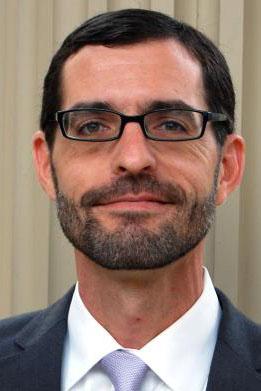After more than 25 years, an arrest has been made in the killing of the rapper Tupac Shakur, as AP news reports here. “Pac” died in a drive-by shooting in 1996 in Las Vegas at the age of 25. The suspect is charged in Nevada state court with murder by deadly weapon. Police allege that ... Read more
The post News Roundup appeared first on North Carolina Criminal Law.



